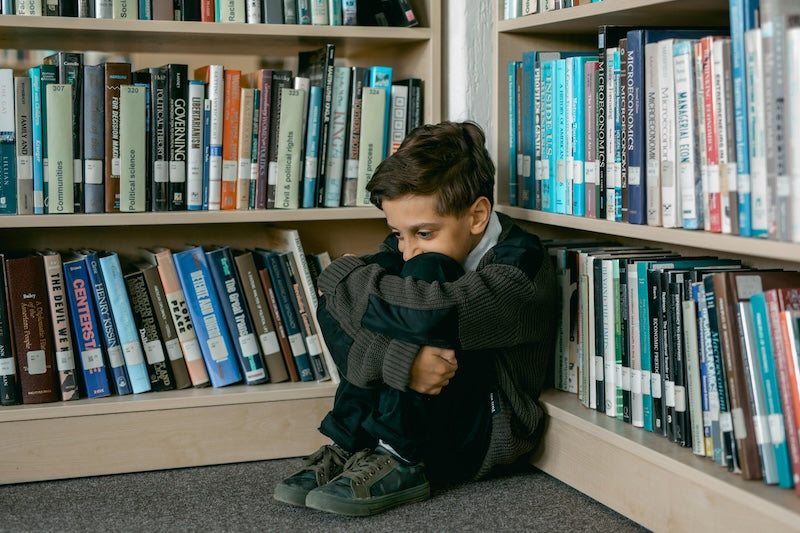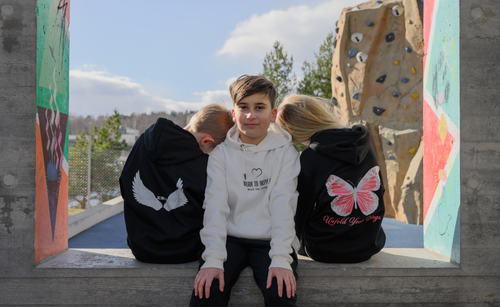
How to handle bullying - a guide for victims and parents
Share
Bullying is a serious problem that can leave deep scars on the person who is bullied. Whether it is at school, in the workplace or in a social context, it is important to understand how to deal with the situation. In this guide, we will go through what bullying is, how you as a victim or parent can act and how society can work to prevent it.
If you are being bullied
Being bullied can be a painful and isolating experience. Feelings of not being accepted can lead to low self-esteem and mental health problems. However, it is important to know that you are not alone and that help is available.
- Tell someone you trust – a friend, teacher or parent.
- Document the events if possible.
- Seek support from organizations such as Friends or BRIS.
What is bullying?
Bullying is systematic and repeated actions that are intended to harm or humiliate an individual. It can be:
- Physical bullying (hitting, pushing, being physically excluded)
- Verbal bullying (mean comments, threats, rumors)
- Social bullying (ostracism, manipulation, rumor-spreading)
- Cyberbullying (harassment via social media, text messages or email)
What can I do if my child is being bullied?
As a parent, it's heartbreaking to see your child suffer. Here are some steps you can take:
- Listen actively and show support without blaming.
- Document the bullying and talk to school staff.
- Encourage your child to participate in activities where they can make new friends.
- Seek professional help if necessary, for example from a school counselor or psychologist.
What to do if your child is bullying – a psychologist's tips
If you find out that your child is bullying someone else, it is important to act immediately:
- Have an honest and open dialogue without scolding the child.
- Explain the consequences of bullying and how it affects the victim.
- Encourage empathy by letting the child put themselves in the victim's shoes.
- Collaborate with the school and work for positive change.
I'm doing well now, but the bullying still affects me.
Many victims of bullying carry the trauma with them long after the bullying has stopped. This can manifest itself through:
- Anxiety and depression
- Difficulty trusting others
- Low self-esteem Talking to a psychologist or therapist can help process old wounds and strengthen self-image.
Leisure activities help young people who are bullied feel better
Engaging in a recreational activity can be an important path to recovery for bullied children and youth. By participating in sports, music, or other interests, they can:
- Make new friends and strengthen your social network.
- Build self-confidence and self-esteem.
- Get a break from negative experiences at school.
Bullying increases the risk of mental illness
Studies show that children and adolescents who are exposed to bullying are at higher risk of developing:
- Depression
- Anxiety
- PTSD It is therefore important to act early and ensure that those affected receive the support they need.
Conclusion
Bullying is a reality for many, but there are ways to combat it. By spreading awareness and working towards an inclusive culture, we can reduce bullying and its negative consequences. Wear To Inspire stands for creating a world where everyone feels accepted and empowered through community and love.




